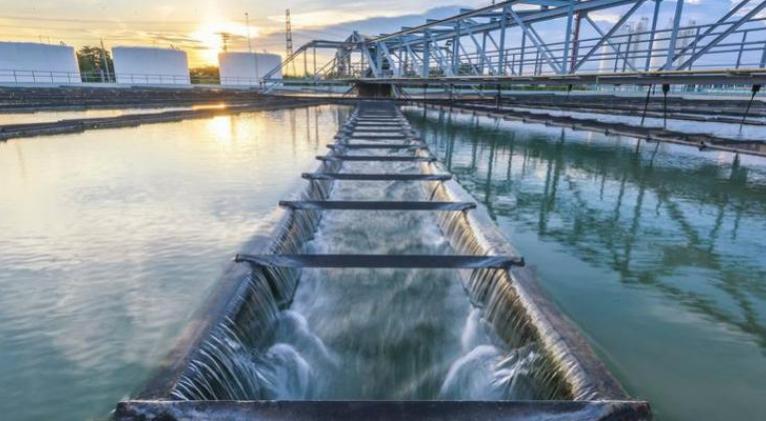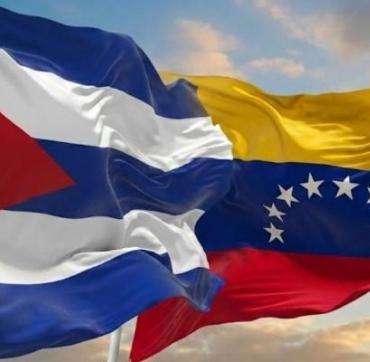Don´t hoard what you can´t use…because it is private
especiales

Economical resources are less and less accessible these days. Hence, access to water — the most important element on planet Earth — is at present run by private-sector companies (selfish entities incapable of giving it for free no matter the times we are all living in).
If something shall be learned is that such essential resource must be controlled by governments, not private companies. But there are many corrupt people who give in this paramount human right.
In some regions of the world, you need to have economical resources to have access to water. Of course, this key resource is a privilege not everyone can afford. The ongoing world population growth is also affecting and it may change dramatically the situation in the market.
In this context, the USAID (United States Agency for International Development) has agreed with private companies to offer data on water usage, develop strategies for aquatic resource management, and improve water access in different regions of the world.
There are currently several companies taking profits from business related to water. At least ten major companies are working this area. Three of them provide water to 300+ million people in one hundred nations.
Even though some data are not updated, it is known that RWE, Thames, Suez, ONDEO, and Veolia are the top five companies controlling most of the water supply systems in Europe and there is a strong intention to expand to the US.
Still, in the US soil, most of clients so far rather pay for state-owned, public service companies before doing so to major private companies like American Water Work, ITT Corp, and GE Water.
Likewise, mass media serving the Western world try to make people believe that private companies solve problems faster than governments. But they omit there are corrupt officials who put the resource in the wrong hands of transnationals.
This serious situation gets actually worse if we assess that population is growing fast in regions where there is no proper infrastructure and the living standard is dramatically low. In wealthy nations like US, some countries in Europe, and Japan, the population growth rate is low. It would certainly trigger inequities in the access to water. To solve these problems, major investments and join, organized efforts are required.
During the extended drought suffered by California recently, the US authorities became helpless while addressing the situation and it led to believe privatization would solve the problem.
Thus, the importance of governmental actions — with a national system of water supply to allocate aquatic resources in case of need — in this sort of situation was absolutely ignored. In fact, the state mishandling of the situation made citizens think that private companies were the sole solution.
In the current appalling political situation, the US government is not ready to face the upcoming challenge ahead regarding the creation of a system of this kind. But instead of fixing the mistake, its lack of action in this regard is threatened mankind.
Translated by Sergio A. Paneque Díaz / CubaSí Translation Staff














Add new comment